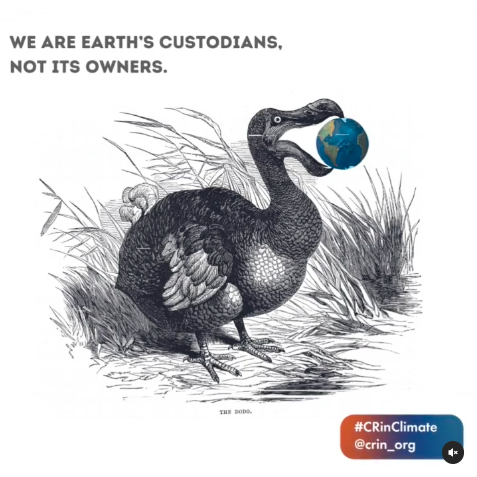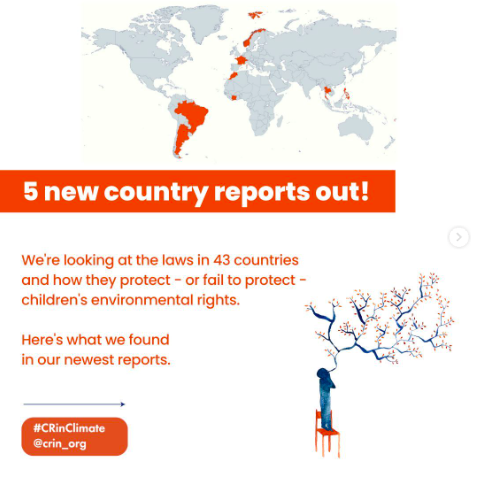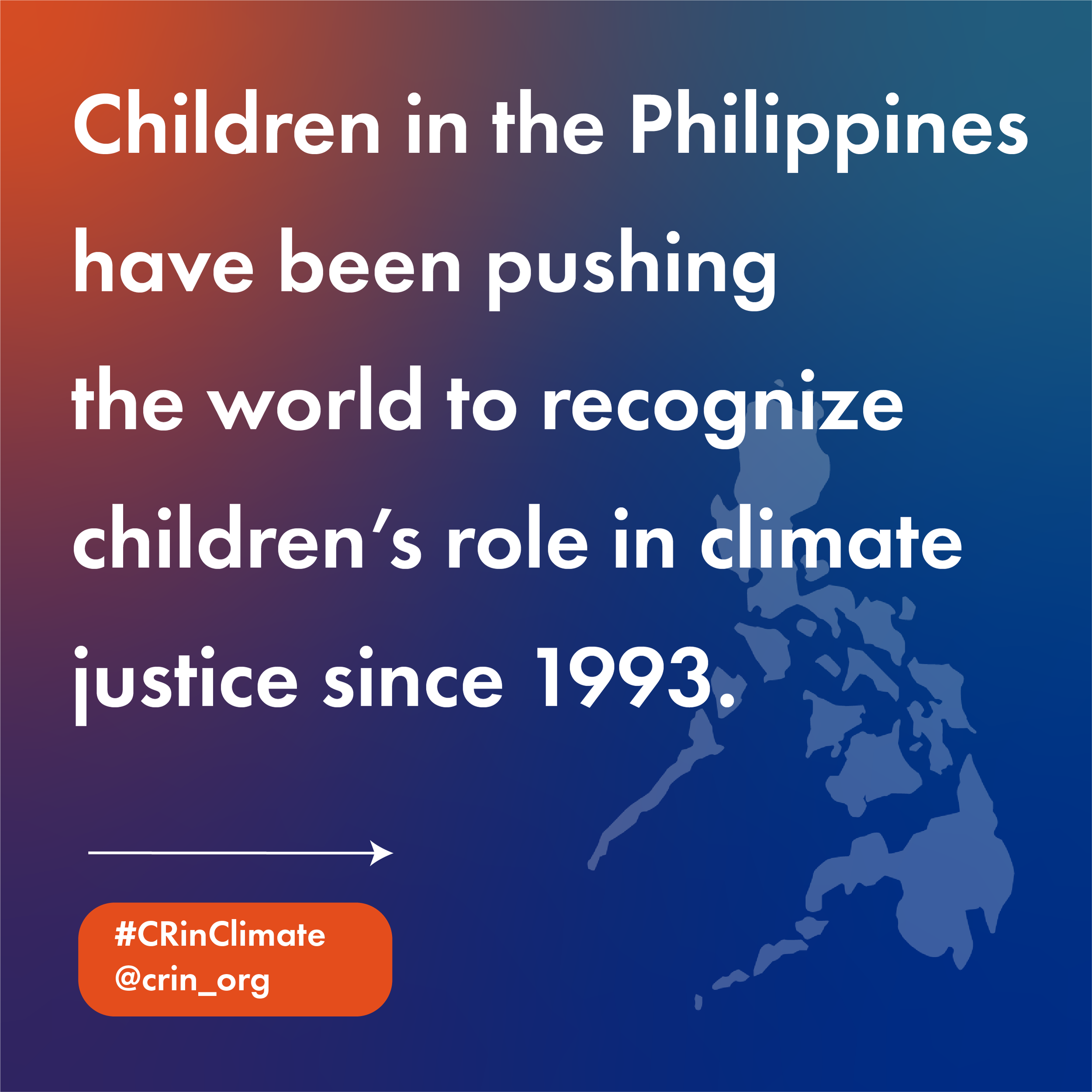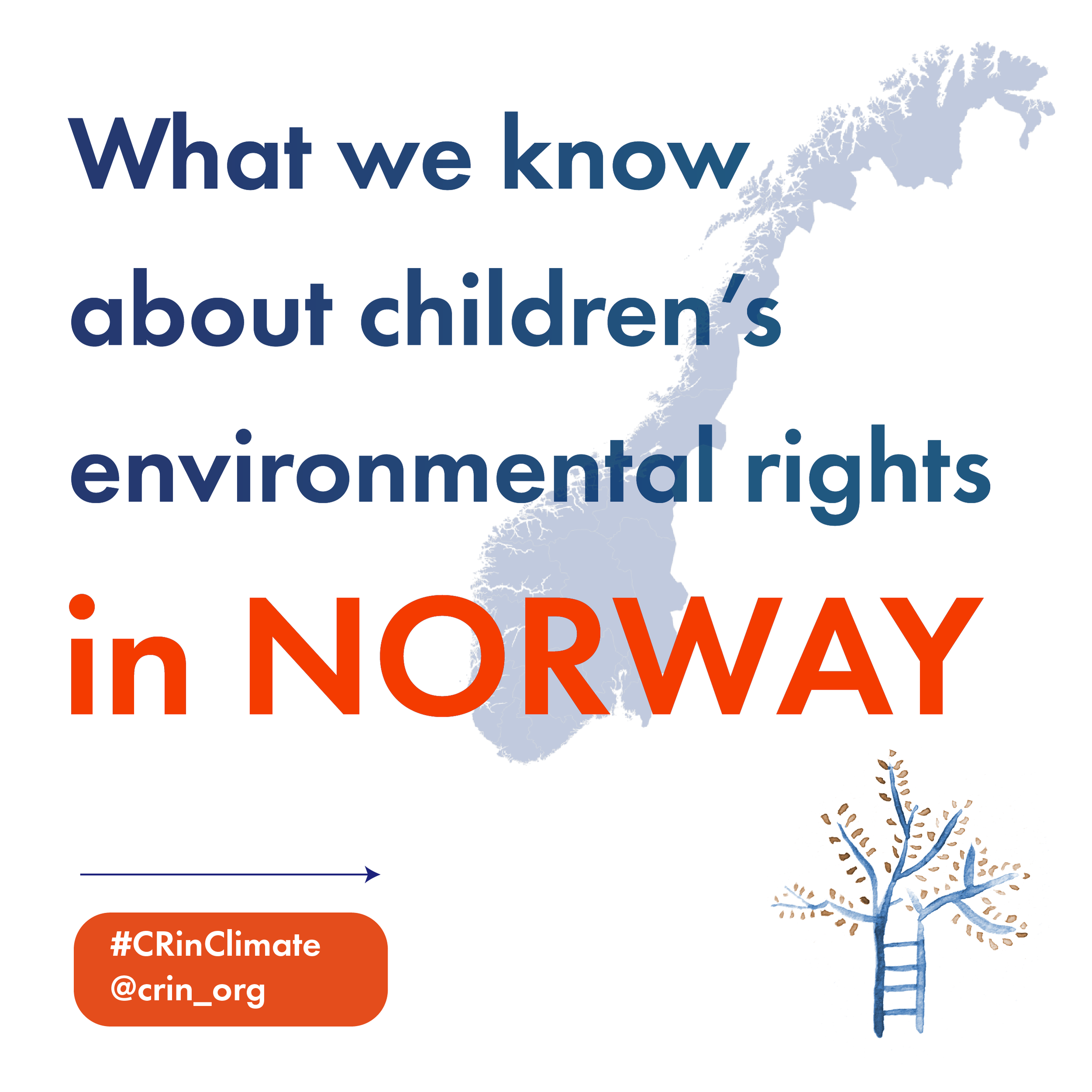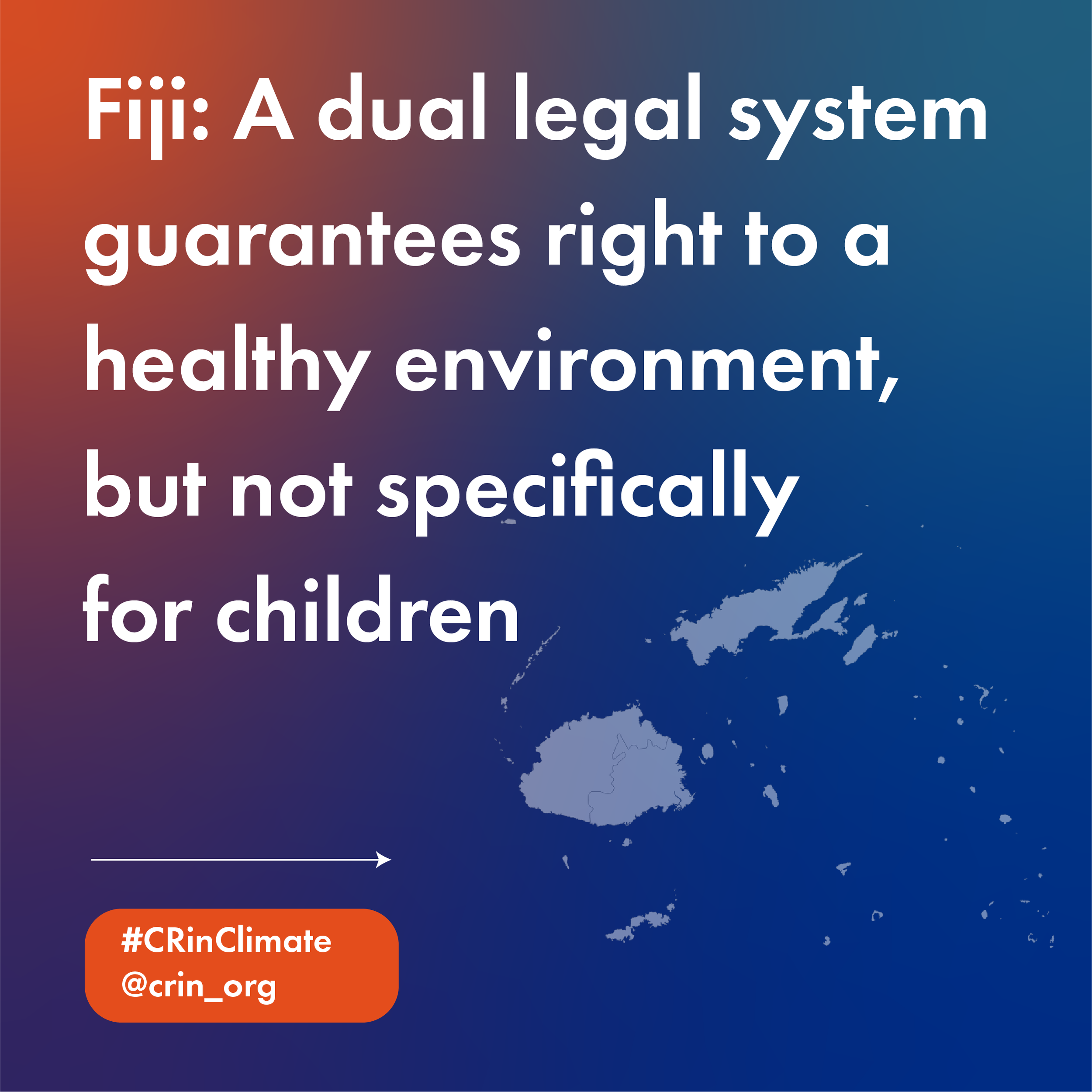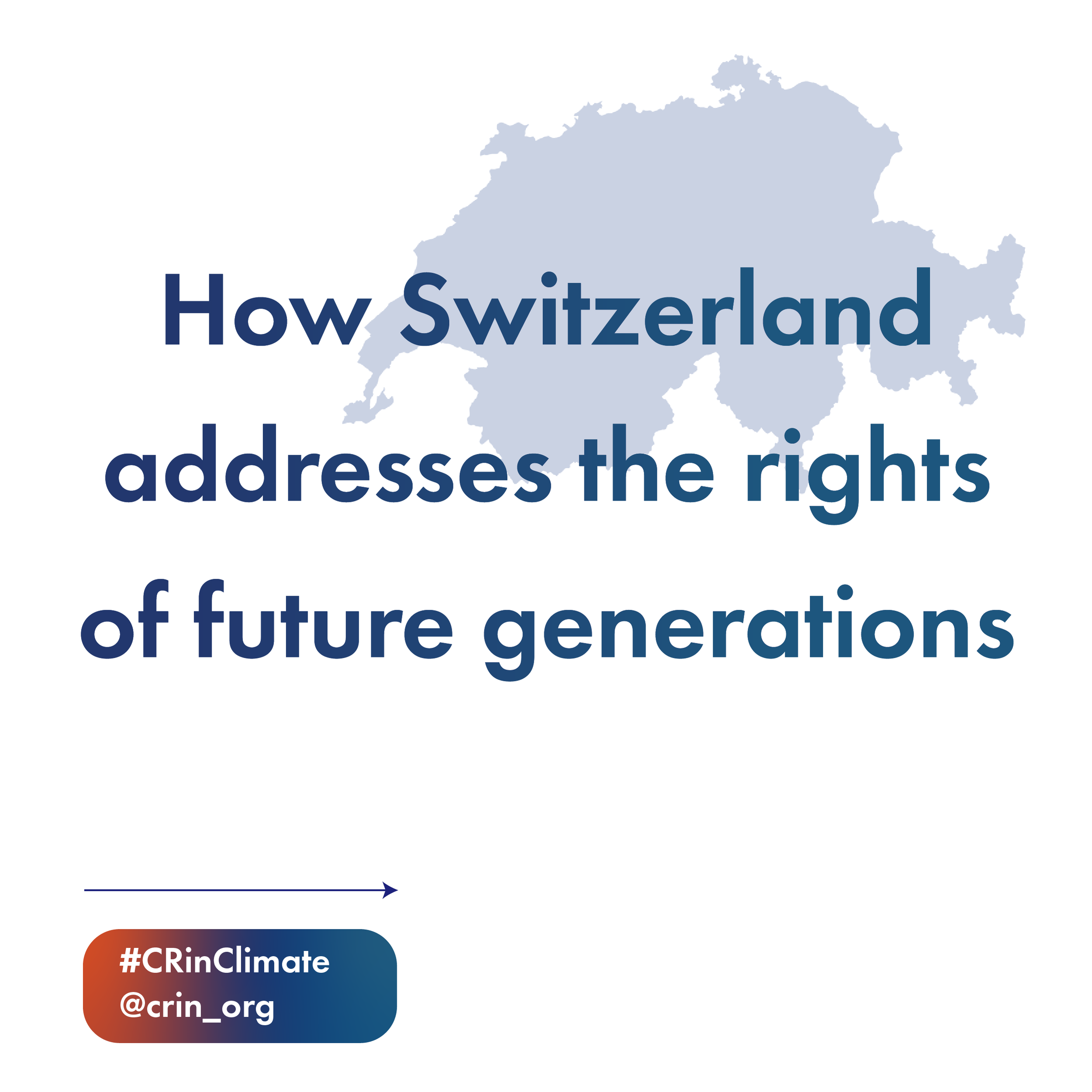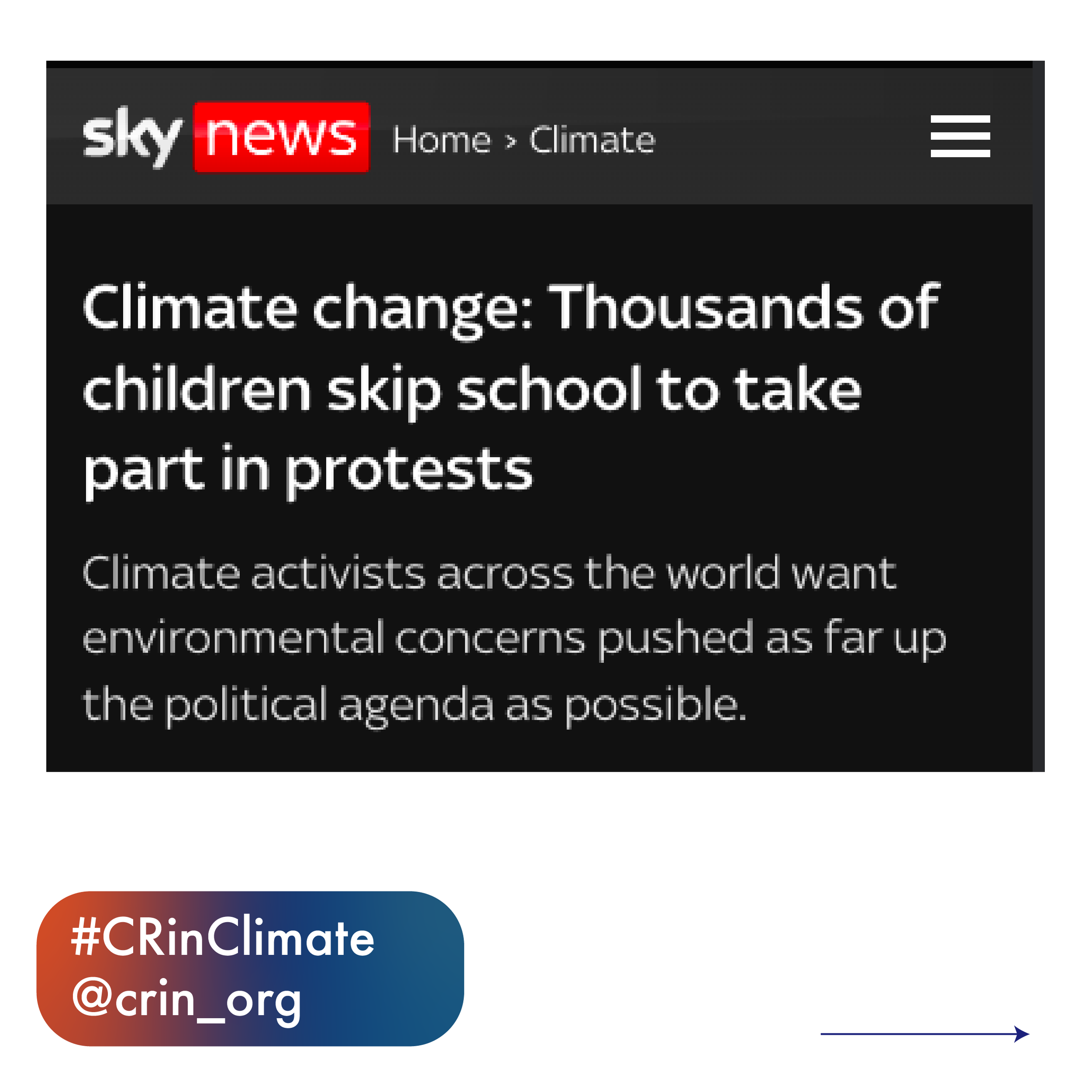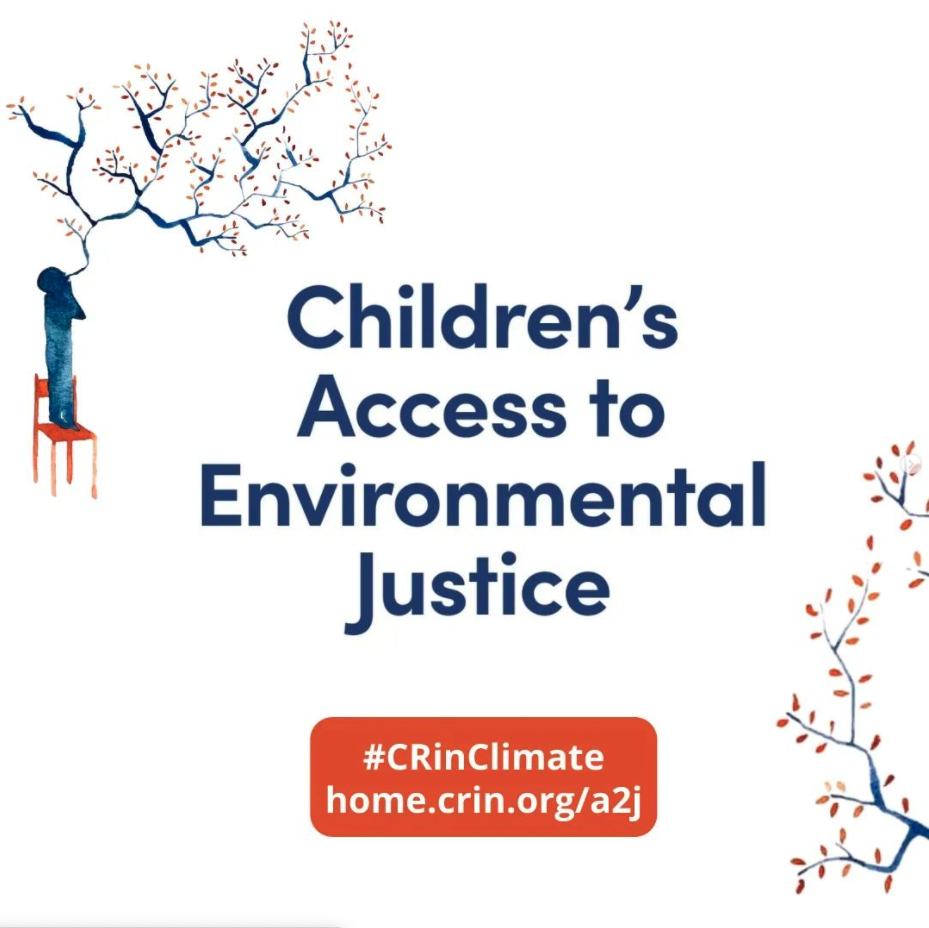Why are we working on this project?
Children and young people have been at the forefront of campaigning on the environment, but are frustratingly often excluded from decision-making processes. With this project, we want to push for governments to adopt and implement strong national laws and policies that make children’s rights an essential part of climate justice.
Why now?
This work follows on from our previous work on Access to justice, now with a focus on how children can access justice for their environmental rights. As stated in CRIN’s climate justice strategy, justice and accountability are not up for negotiation. We want to identify where responsibility lies and what can be done to ensure justice is accessible for children and their representatives when their environmental rights are violated.
What do we want to achieve?
By researching 45 countries’ legal systems, we want to improve understanding of what the law says amongst governments, human rights bodies and campaigners and how it can be used. The reports are just the start, and we want to build on them in collaboration with others. We want to turn the research into practical tools and resources that organisers and activists of all ages from around the world can use.
What have we done so far, and how?
Our work on environmental issues has ranged from challenging the United Nations to better respect and promote children’s rights in the face of climate breakdown; joining and building coalitions on human rights and the environment; and bringing the children’s rights perspective into the conversation to push for stronger and more unified climate action.
Launching 45 country reports
We have so far launched 25 (of 45) country reports, looking into how laws and policies protect - or fail to protect - children’s environmental rights in Brazil, Fiji, the Philippines, Norway, Switzerland, Thailand, France, Morocco, Argentina, Uganda, Canada, South Africa, Belgium and Côte d’Ivoire.
We hosted conversations bringing together children and young activists with the UN’s human rights bodies to cross the divide between what grassroots activism and big institutions can do.
We have set up CRIN climate advisers - a group of young climate organisers from around the world - to amplify their voices and also ensure that the work we undertake on climate is shaped by children.
We’re publishing a series of community stories, where we talk to organisers and activists from around the world involved in climate justice and children’s rights. Read the interviews:
We need to work together to hold corporations and governments accountable with Pedro Hartung from the Alana Institute in Brazil
Planetary health as a prerequisite to children’s health with Fithriyyah Iskandar, environmental youth activist and doctor in Indonesia
The power of Indigenous communities in building a collective future with climate activist and CRIN Climate Adviser Santiago Flores Medina and Futuros Indígenas
Read our submission for the Committee on the Rights of the Child's General Comment on children’s rights and the environment with a special focus on climate change
We have encouraged creative approaches for children themselves, creating opportunities for them to use their imaginations and envision what we need to do to better protect the planet via our Climate Champions challenge.
We believe that using artwork can encourage people to think critically about the world so we have hosted arts events and used artwork in our own campaigning to convey our messages and provoke conversations.
What has the impact been so far?
Our impact varies and is always a result of the efforts of many, not just CRIN, so it is a collective endeavour. The UN is alive to the climate crisis in a way that it has never been before. It is a step in the right direction, but we need to do more. With the launch of this project, we want to push beyond the UN and make children’s environmental rights enforceable.
The Special Rapporteur on human rights and toxic wastes and the Special Rapporteur on human rights and the environment have both acted to promote children’s rights in this space, while the Human Rights Council has now specifically set out what is necessary to realise children’s right to a healthy environment and recognised the right to a healthy environment.
The Committee on the Rights of the Child, too, is now developing its General Comment on children’s rights and the environment, which will be an important tool to push governments for reform.
Related areas of focus
Environment
Read more on this here.
Access to justice for children
Read more on this here.
Protecting children from harmful chemicals in the EU
Read more on this here.
Support the campaign now!
Related content: Environment, Toxics, Climate change, A-Z of children’s rights issues















